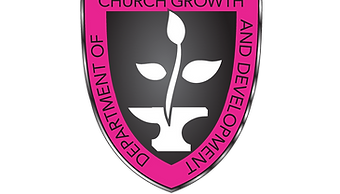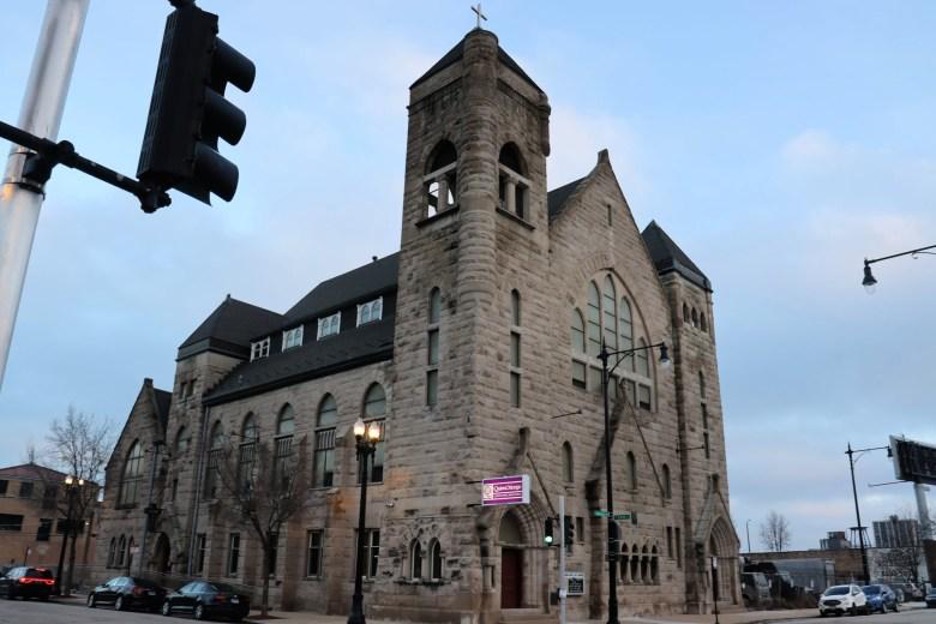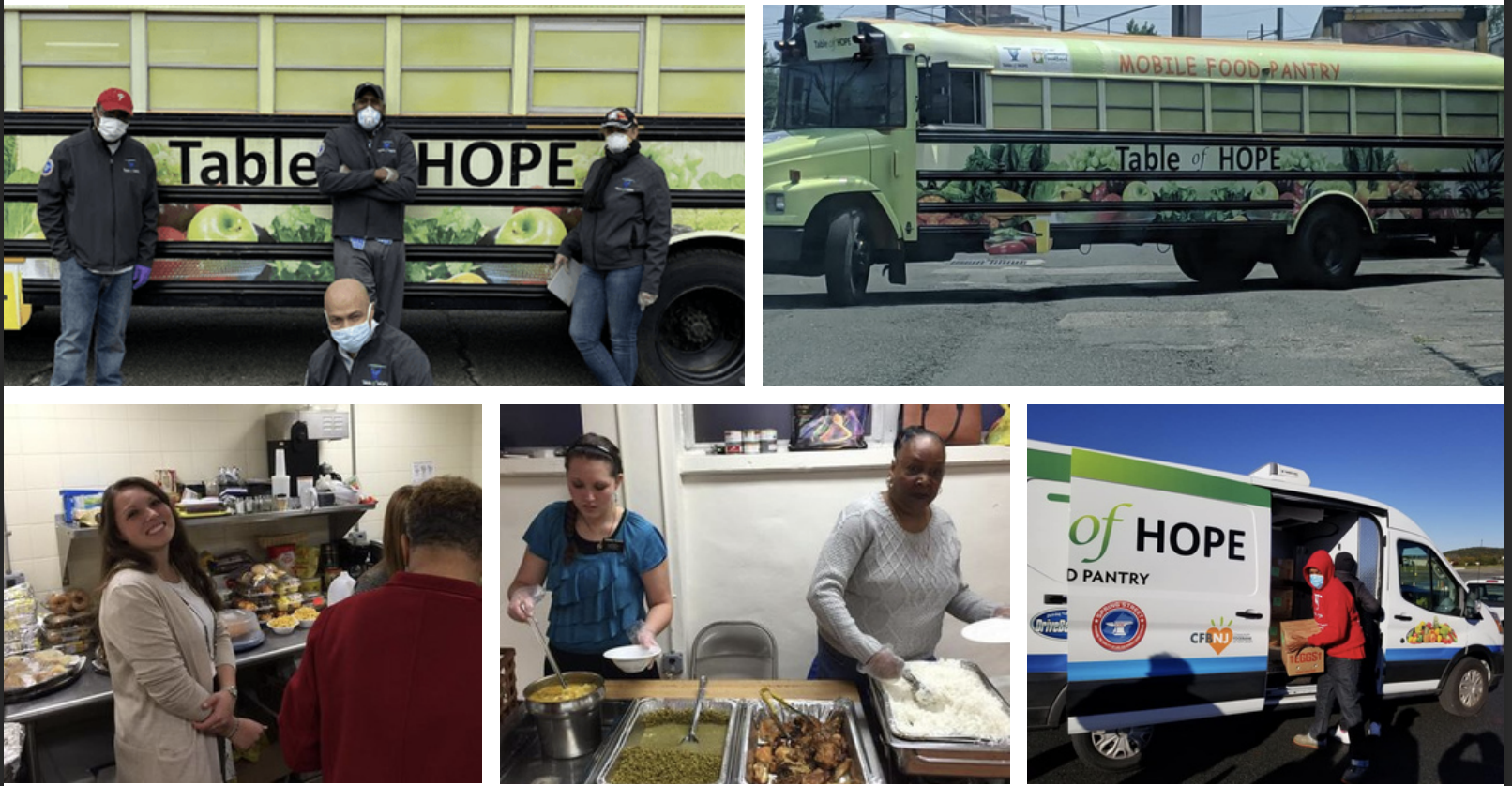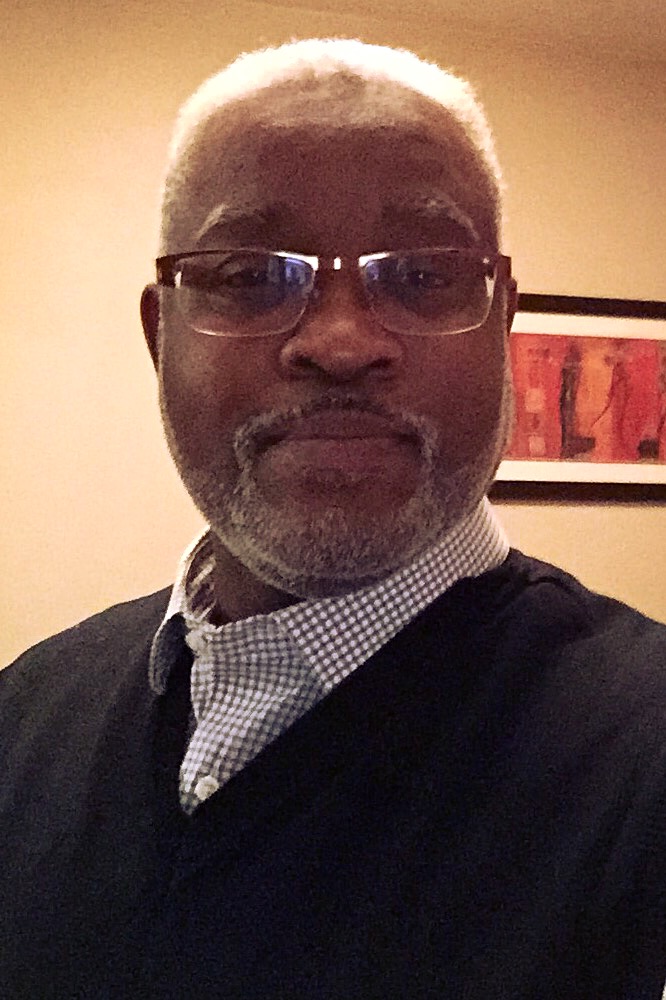The Methodist Doctrine of the Open Table
The Reverend Dr. James A. Keeton, Jr., Contributing Writer
When he was running for President of the United States several years ago, President Joe Biden worshiped with us at Morris Brown African Methodist Episcopal Church in Charleston. In the preliminary meetings leading up to his visit, we discussed his security plan, his addressing the congregation, and the local politicians accompanying him to the church. The last thing that his campaign manager told me was that they would be coming to Morris Brown AME Church on the first Sunday. He went on to say that President Biden is a devout member of the Roman Catholic Church. He asked me if it would be permissible if President Biden would come to the altar and receive a blessing instead of receiving the elements of Holy Communion. I agreed to this request.
That worship experience reminds me of the Methodist doctrine of the “Open Table.” This concept of the Open Table means that all Christian believers are invited to come to the Communion Table and participate in the sacrament of Holy Communion. Unfortunately, most Christian believers do not embrace this doctrine of the Open Table. For example, both Roman Catholics and Eastern Orthodox have closed communion. Closed communion is a term that describes the tradition of restricting elements of the Lord’s Supper to members of certain denominations, particular churches, and congregations.
Consequently, Roman Catholics only commune with other Roman Catholics, and Eastern Orthodox only communion with other Eastern Orthodox. Some congregations also practice closed communion in the Free Church Tradition. With these congregations being a part of the Free Church Tradition, it is left to the local congregation to determine their doctrinal understanding of Holy Communion.
On the contrary, the concept of the Open Table derives from John Wesley, the founder of Methodism. Randy Maddox says, “The only initial requirement of the [communion] recipient was a desire to receive God’s grace and to live in faithful response, not some prior fitness or assurance” (Randy Maddox, Responsible Grace). This requirement corresponds to the Methodist doctrine that God extends grace to us through the elements of Holy Communion. Methodists believe that when we come to the Communion Table, Jesus Christ is our host. Only by his invitation can we come and participate in this holiest of meals.
Even though we embrace the doctrine of the Open Table, regarding other denominations and congregations, there are requirements for those we invite to the Table. The Solicitation in our Communion Liturgy reads, “You that do truly and earnestly repent of your sins, and are in love and charity with your neighbor, and intend to lead a new life, following the commandments of God, and walking from henceforth in his holy ways: Draw near with faith, and take this Holy Sacrament to your comfort, and make your humble confession to Almighty God meekly kneeling on your knees.”
Consequently, the invitation to the Table depends on four factors. First, we invite those to participate in the sacrament who genuinely repent of their sins. Second, we invite those who have a loving relationship with their neighbors. Third, we invite those who intend to lead a new life by following God’s commandments. Finally, we invite those who intend to walk in the holy ways of the Lord. Additionally, the Doctrine and Discipline of the African Methodist Episcopal Church (2021) reads, “No person who is guilty of any practice for which we would exclude a member from our Church shall be admitted to the Supper.”
These requirements come from the desire to protect those coming to the Table with the wrong desires in their hearts. We understand that participating in the sacrament is nothing to be taken lightly. It is this understanding that contributes to us having Love Feast. Love Feast is not a sacrament, but it spiritually prepares us to be in the right relationship with God and our neighbors before coming to the Communion Table. There used to be a requirement in the AME Church that someone must have a ticket from their class leader attesting to their participation in Love Feast before being allowed to receive the Lord’s Supper. The doctrine of the Open Table continues to be a foundational tenet of Methodism. It does not mean we are open to behaviors contrary to the Christian faith. Still, we embrace sharing the Table with other Christian brothers and sisters regardless of their denomination or particular congregation.
The Reverend Dr. James A. Keeton, Jr. is the Senior Pastor of Morris Brown AME Church in Charleston, South Carolina.





